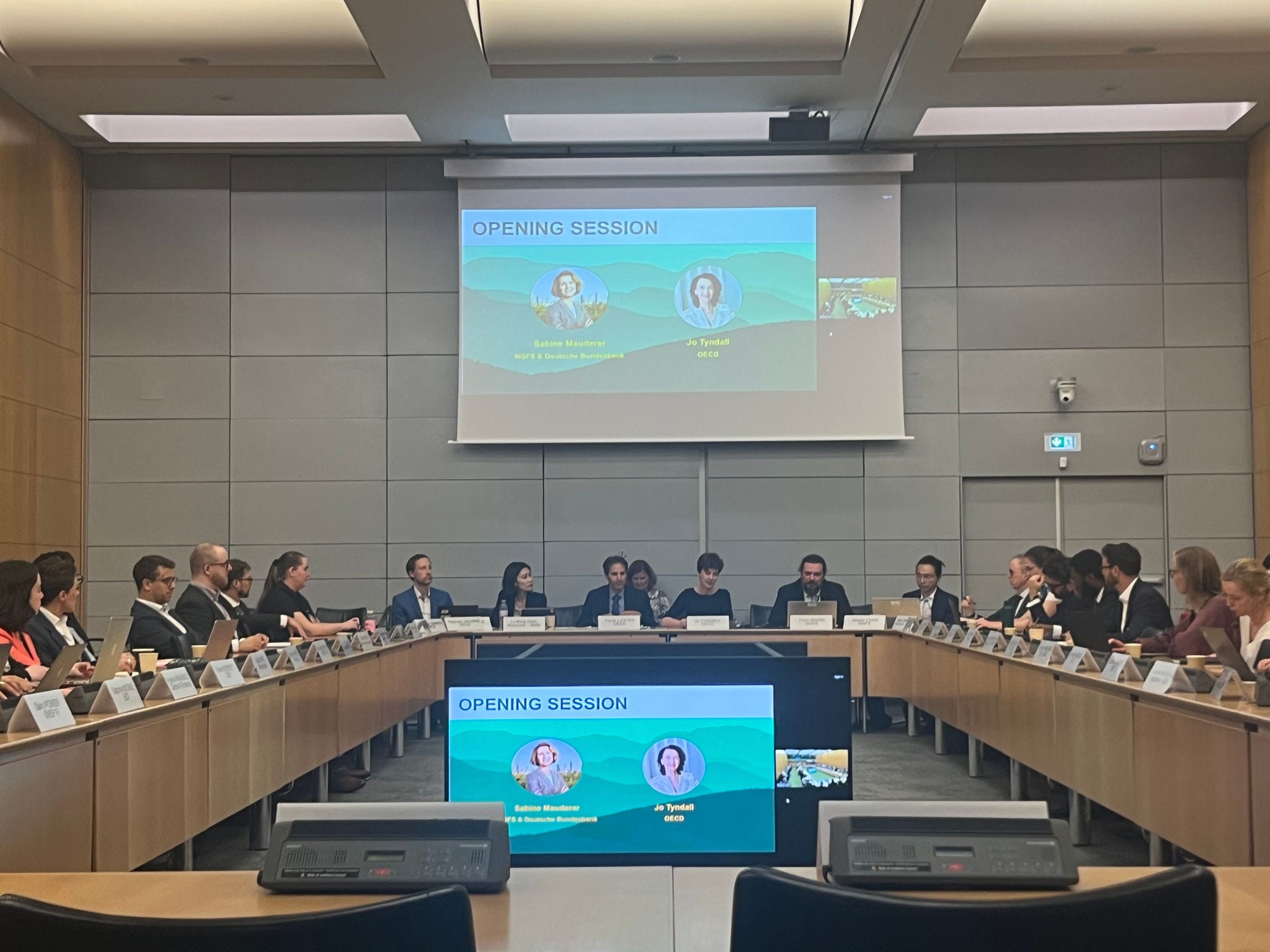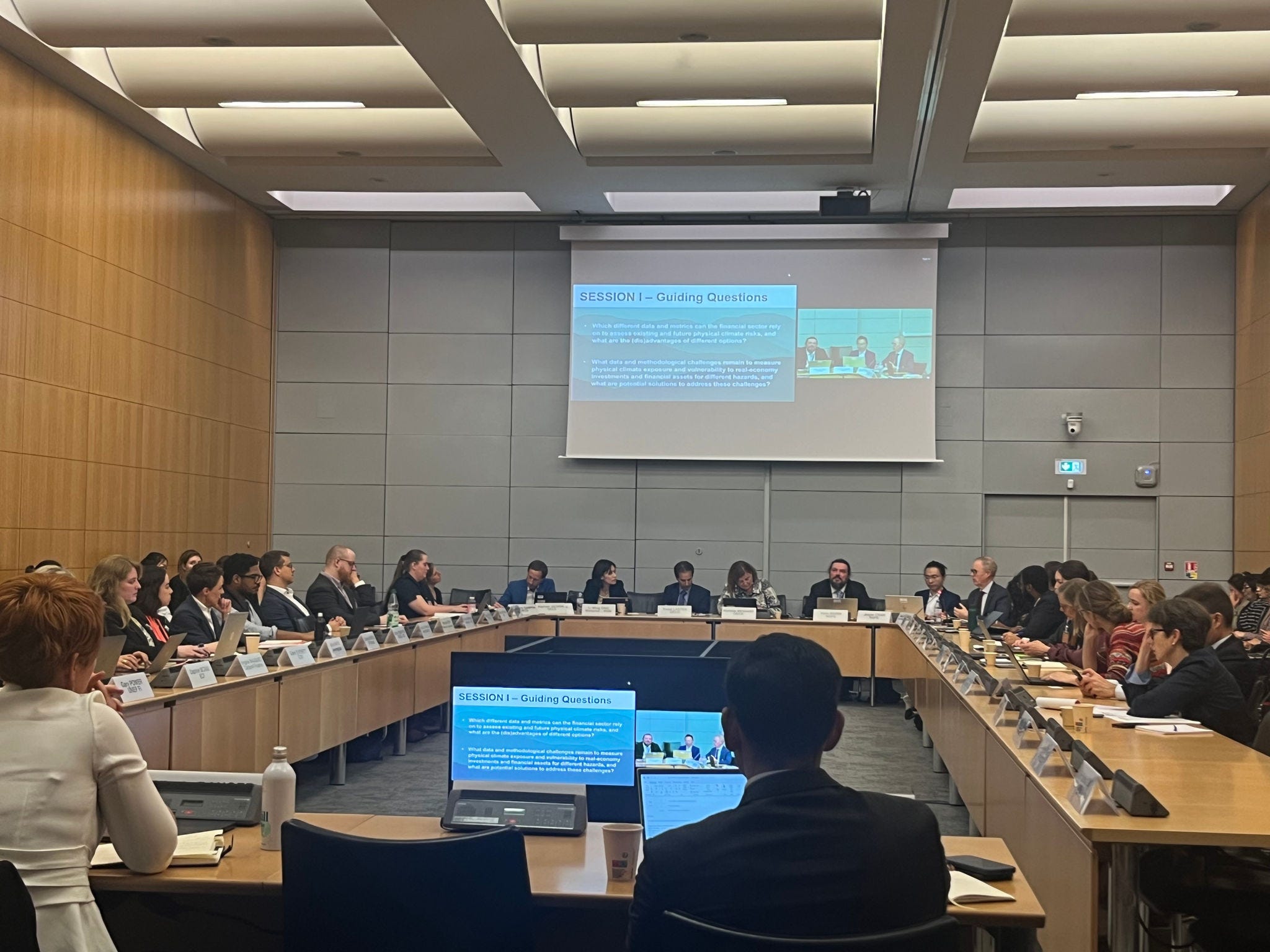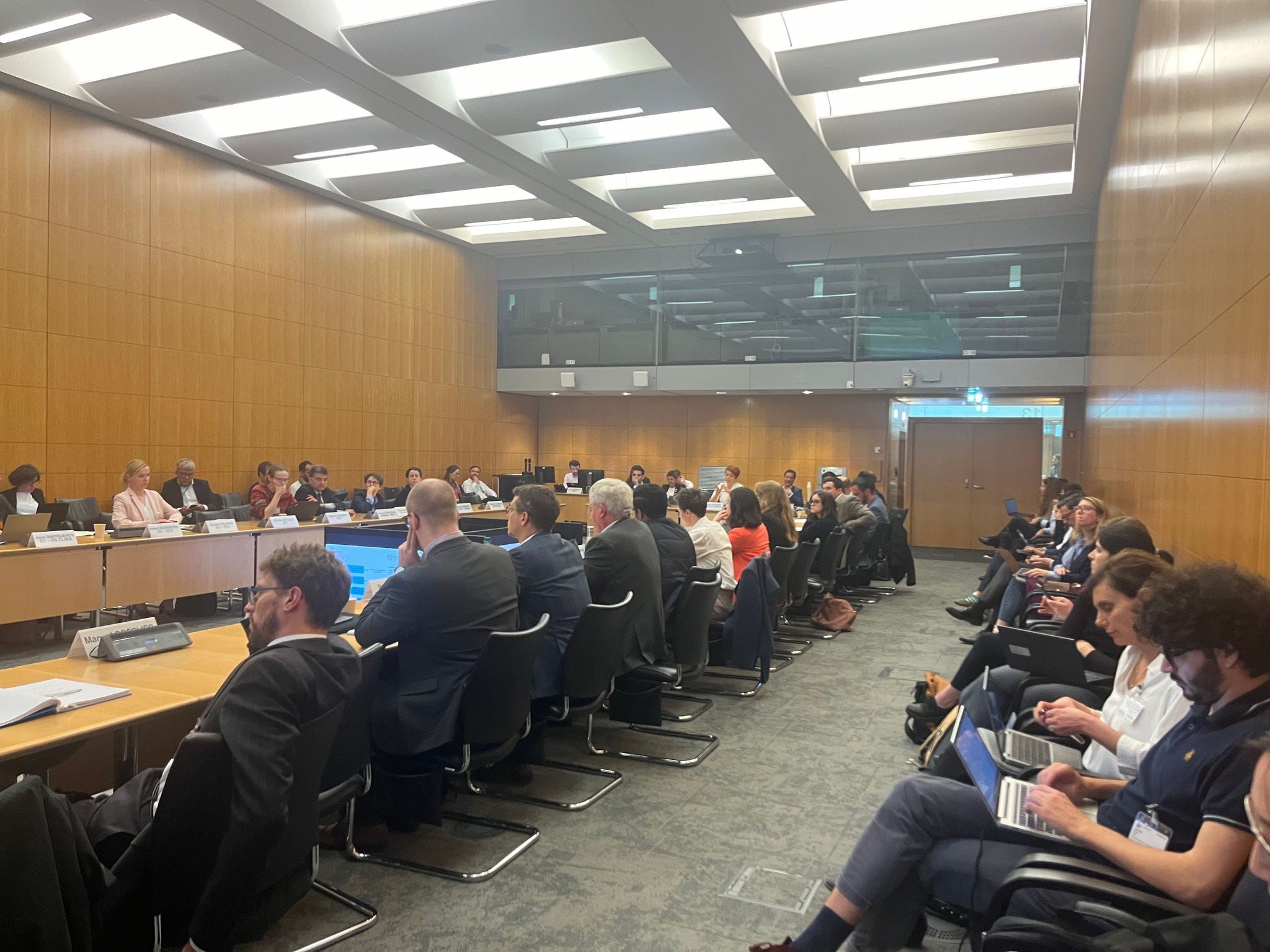There is an urgent need to adapt to growing climate change risks and mainstream climate resilience in all aspects of our economies and societies. The financial sector not only faces significant risks from climate change impacts, it also plays a crucial role in scaling up investments in adaptation solutions and redirecting finance flows to climate-resilient activities and assets, as reflected in Article 2.1c of the Paris Agreement. To track progress and inform policies and actions to increase the climate resilience of finance flows and stocks, major conceptual and data gaps need to be filled. In this context, while a range of stakeholders are developing indicators and analysis to assess physical climate risks to finance and underlying real-economy activities, assessments of adaptation strategies and alignment with climate change resilience policy objectives are still very limited.
The workshop brought together experts and practitioners from the climate and financial policy communities, the financial sector, academia, data and rating providers, as well as civil society, to share knowledge on existing best practices to analyse physical climate risks in finance, and on further steps needed towards assessing adaptation opportunities and resilience alignment of the financial system. As such, the workshop placed a strong focus on integrating climate adaptation concepts and goals in assessing the financial sector’s progress towards not only managing physical climate risks but also contributing to climate-resilient development.
The workshop was jointly organised by the OECD and the Network for Greening the Financial System (NGFS) as part of a series of workshops contributing to ongoing OECD work relating to assessing progress towards Article 2.1c of the Paris Agreement. It also contributed to the work of the NGFS Expert Network on Data.






